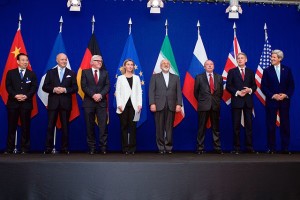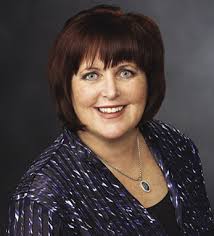
The nuclear agreement carved out by Iran, the United States and five other world powers, if ratified, will lift an international embargo on Iran that will benefit not only the people of Iran economically, but some major corporations.
Iran has the fourth largest crude oil reserves in the world, and the second largest natural gas reserves. For the past several years this treasure has been largely unavailable due to the international embargo which was placed on Iran due to its illegal development of a nuclear weapons capability. A signed and sealed agreement will open these vast stores of resources to the world market, benefiting the corporations that do business in energy-related niches.
“Most likely European and Asian energy companies will see an increase in business—so companies like Total and Shell,” said Alireza Nader, senior international policy analyst at the Rand Corporation. “For American energy companies, it’s going to be tougher for them to go back in Iran.”
US companies are likely to avoid doing business in Iran for political reasons; companies don’t want to be associated with an extremist Islamic dictatorship, and will most likely stay away.
Tankers and oilfield services are also going to reap rewards from the opening of the Iranian economy. Chris Wetherbee, an analyst at Citi Research, said the embargo lift is a “net positive” for international tanker companies. Iran’s own aging fleet simply will not be able to compete, especially with additional energy supplies on the market. Investors agree: Scorpio Tankers and Navios Maritime Acquisition stocks both rose on Tuesday.





